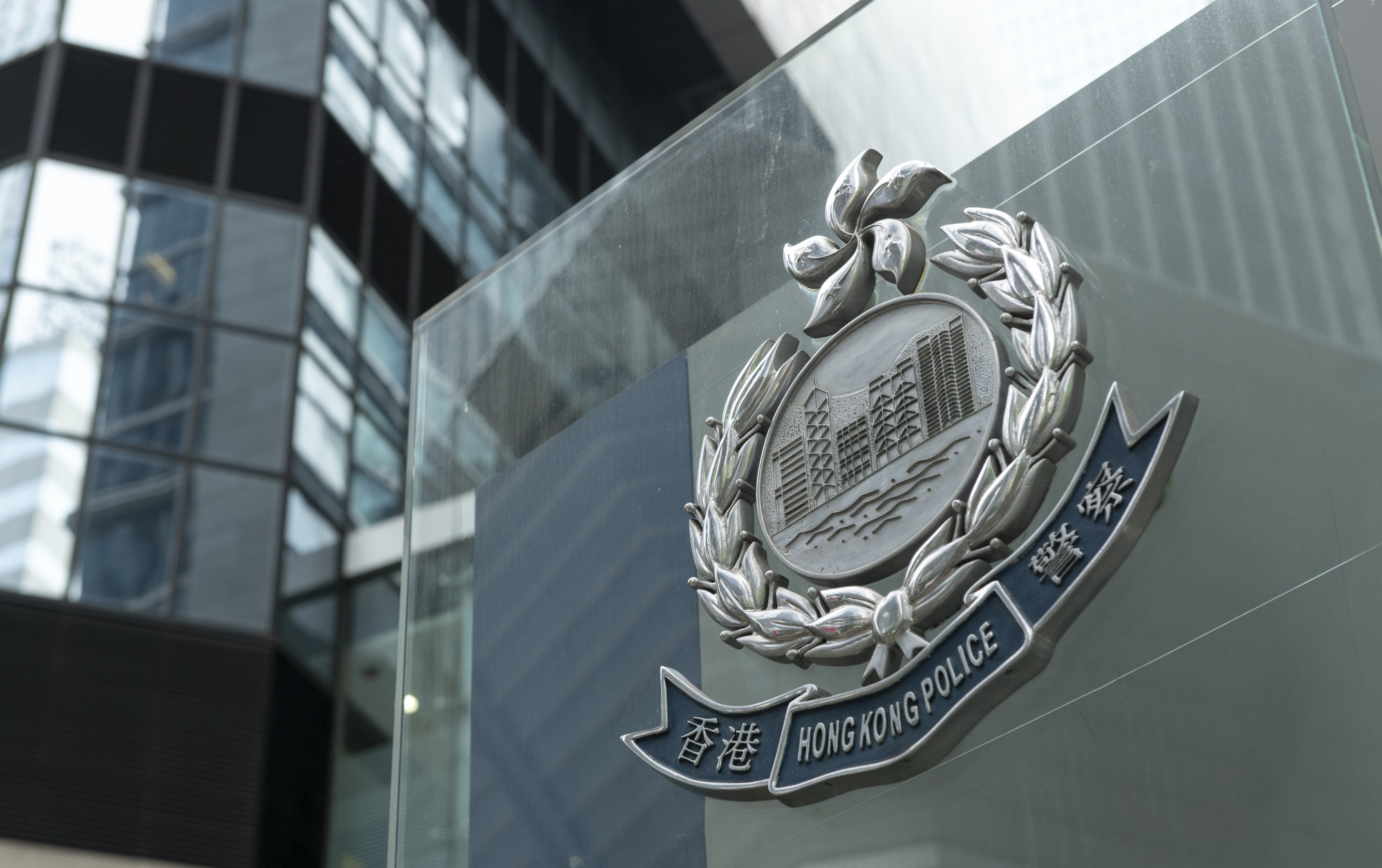Woman, 31, first received phone call in November from ‘telecoms worker’ who said she was involved in deception case. Victim then had a video call with another scammer posing as a mainland public security officer who accused her of being involved in a money-laundering case. — SCMP
A Hong Kong lawyer has become the latest victim of a phone scam after a swindler impersonating a mainland Chinese police officer duped her out of nearly HK$5.7mil (RM3.18mil) over two months.
The woman, 31, received a phone call in November from a man claiming to be a telecommunications company employee. The victim was told she was involved in a deception case.
She then had a video call with another scammer posing as a mainland public security officer who accused her of being involved in a money-laundering case across the border.
A source familiar with the case said the victim was sent a bogus notice purportedly issued by the Supreme People’s Court on the mainland and printed with her personal information.
As instructed, the woman bought a mobile phone to use for communicating with the “mainland officer” and set up a new account with a local bank. She was then ordered to provide her bank account details and password for ebanking services.
“She was ordered to transfer HK$5.69mil (RM3.17mil) into the bank account for investigative purposes,” the source said.
The woman later grew suspicious when she was asked to transfer more money into the account.
She realised the purported investigation was a scam when she found that all the money had been transferred out of her account in five transactions. She called police earlier this week.
The ruse is one of the three most common phone scams in the city. The other two are bogus kidnappings and the “guess-who-I-am” deception where scammers usually impersonate relatives.
The fake-officials scam involves swindlers posing as mainland security officers accusing victims of breaking the law. They then ask for money as surety or make other excuses to get their targets to hand over cash or surrender bank details.

Between January and September last year, Hong Kong police handled 906 fake-official phone scams involving financial losses of HK$663mil (RM370.07mil).
Last year also saw a sharp increase in the number of mainland students in Hong Kong who fell victim to the fake-official ruse.
According to the force, 288 mainland students were scammed out of HK$127mil (RM70.88mil) in the first 11 months of last year. A total of 136 mainland residents studying in Hong Kong were conned out of HK$50mil (RM27.90mil) in the same period in 2021.
“Even if the senders are able to tell your personal information or send you documents with your identity card, it does not necessarily mean that they are genuine law enforcement officers,” police said on their website.
“Scammers can obtain the personal information of the public by unlawful means.”
The force warned that “genuine law enforcement officers would not ask for your bank account password in investigation of cases, or ask you to transfer money to designated bank accounts”.
It also urged people to call its anti-scam helpline 18222 if they needed advice. – South China Morning Post





